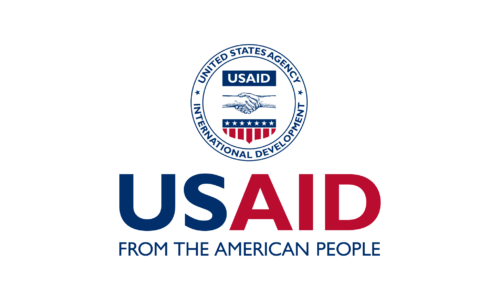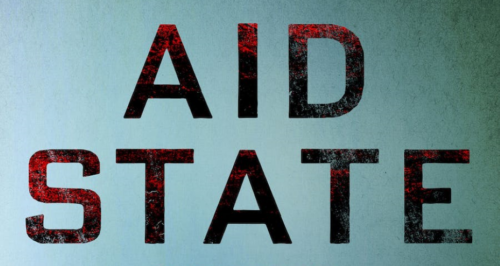Article • Haiti Watch
Fact-based, data-driven research and analysis to advance democratic debate on vital issues shaping people’s lives.
Center for Economic and Policy Research
1611 Connecticut Ave. NW
Suite 400
Washington, DC 20009
Tel: 202-293-5380
Fax: 202-588-1356
https://cepr.net
In a press release yesterday, lawyers from the Institute for Justice and Democracy in Haiti (IJDH) and Bureau des Avocats Internationaux (BAI) called U.N. Secretary General Ban Ki-moon’s response to 19 members of congress and victims of cholera “outrageous.”
In May, Rep. Maxine Waters and 18 of her colleagues sent a letter to Ban urging the U.N. to “take responsibility” for the introduction of cholera and to commit enough resources to eradicate the epidemic which has already killed over 8,200 Haitians. The letter followed the U.N.’s rejection of compensation claims from over 5,000 victims of cholera, represented by IJDH and BAI.
In responding to the 19 members of congress, Ban expresses his “concern about the devastating impact of the epidemic,” but fails to mention the U.N.’s responsibility for its introduction, as more and more scientific studies continue to show. Ban touts the U.N.’s work in responding to the epidemic, but also notes that funding is “far from sufficient” and that “the austere fiscal climate” could put financing for the $2.2 billion 10-year cholera elimination plan in jeopardy. The U.N. has chipped in just $23.5 million of its own funds for the plan, which continues to face a massive funding shortfall.
In a separate letter from the Sectary General’s legal department to IJDH and BAI, the U.N. reiterates that the claims are “not receivable,” declining even to meet to discuss the matter further.
Yesterday, IJDH and BAI responded to the letters:
July 8, 2013, Port-au-Prince, Boston — Lawyers for victims of the cholera epidemic introduced to Haiti by poor United Nations (UN) sanitation practices in 2010 call two July 5 letters from the UN — one to members of the U.S. Congress from Secretary- General Ban Ki-Moon, the other from his legal department to the victims’ lawyers — “outrageous.” The letter to Congresswoman Maxine Waters and eighteen colleagues in the House of Representatives delivers an off-hand dismissal of serious legal questions raised by a letter from the Members, and provides a deeply disingenuous response to the Congressional concerns regarding a lack of progress by the UN in responding to its cholera epidemic. The letter to the lawyers states that the UN will not even consider the cholera victims’ claims — which are based on the UN allowing its waste disposal system to deteriorate to the extent that raw sewage was discharged directly into the top of Haiti’s largest river system — because doing so would include a “review of political and policy matters.” The UN provided no legal justification for such an extraordinary claim.
“The hypocrisy of the UN’s position is clear to the victims of UN cholera and everyone else in Haiti,” according to Attorney Mario Joseph of the Bureau des Avocats Internationaux, who is lead counsel for the 5000 victims and families who filed claims against the UN in November 2011. “The UN claims a mission of promoting the rule of law, and regularly lectures Haitian citizens and officials about the need to submit to the law. Yet the UN will not even explain why it is not subject to its own laws.”
Secretary-General Ban’s letter to Congress contains three claims of progress in fighting cholera that do not withstand scrutiny. First, the letter touts that a May 31 conference brought pledges in support of its Cholera Initiative to US$207.4 million, which is $31.1 million dollars less than the total pledge amount the Secretary-General announced for the initiative on December 11, 2012, and there are few details on how the plan will be fully- funded. Second, the letter points to the UN’s construction of wastewater treatment plants in Croix-des-Bouquets and Morne-a?-Cabrit, but both plants have been repeatedly closed — Morne-a?-Cabrit is currently closed — due to lack of international funding. Third, the letter claims that “the majority of [the] recommendations” made by a UN panel of experts to avoid future epidemics “have been adopted and are being implemented by the United Nations system” when a May 3 Report Card from Physicians for Haiti found that five of the seven recommendations were partially or completely unimplemented two years after the report’s release.
To read the entire release, click here.







![U.S. Secretary of State Hillary Rodham Clinton meets with Haiti Prime Minister Garry Conille at the U.S. Department of State in Washington, D.C., on February 8, 2012. [State Department photo/ Public Domain]](https://cepr.net/wp-content/uploads/2024/05/Haiti_Round_Up_17_Desktop-500x333.jpg)